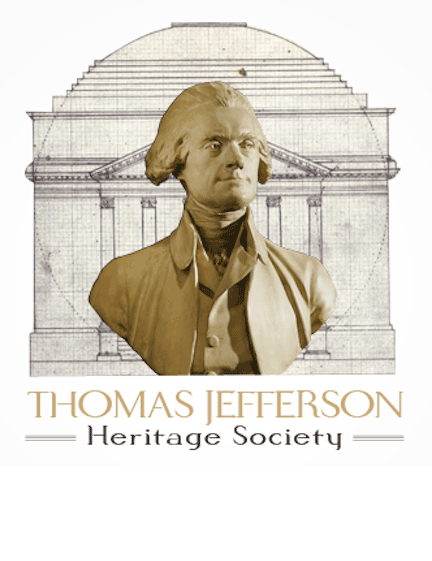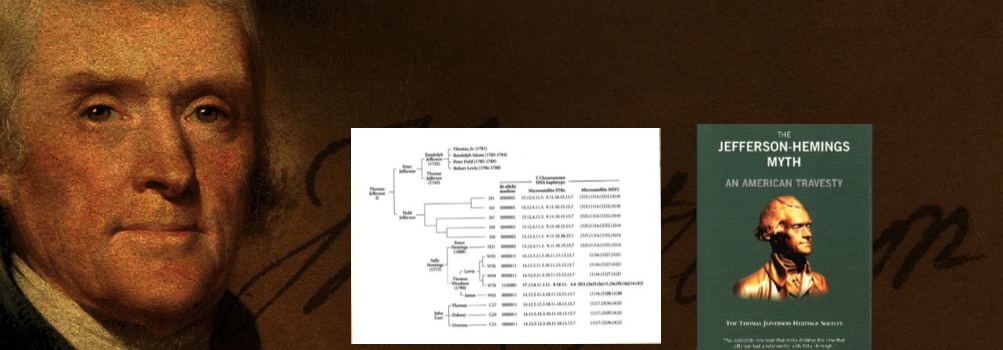The Correspondence Between John Works and Annette Gordon-Reed and the Dean of New York Law School
When the transcription errors, discovered and documented in The Jefferson Hemings Myth: An American Travesty, were included in The Jefferson – Hemings Controversy: Report of the Scholars Commission, John Works notified the Dean of New York Law School in a letter of July 4, 2001, that the Ellen Coolidge letter had been "doctored". Annette Gordon-Reed was at that time an adjunct professor at the school.
The first response to Works was from Gordon-Reed by a letter of July 16, 2001. She defended the transcription error as a "mistake".
The next response was a letter of July 18, 2001 to Works from Richard Matasar, Dean and President of New York Law, affirming that Gordon-Reed "strongly denies" Works' "accusations".
Works responded to Gordon-Reed by a letter of August 5, 2001, questioning how a "scholar possessing your impressive credentials", could make a mistake that "involved a complete rewrite of the critical sentence in a document to produce a complete sentence with the opposite meaning of the original?"
In a follow-up letter of August 14, 2001, Matasar admits to having "made similar mistakes".
Works then sent a letter of September 10, 2001 to Matasar asking for examples of his mistakes "in which more than a dozen words in a key sentence were altered". There were no further communications from Matasar or Gordon-Reed.
It is hard to image that a scholar of Gordon-Reed’s training and ability, when transcribing this document, got to the key sentence in the letter, and suddenly, without Gordon-Reed’s realization, her fingers just typed in an entirely different sentence, that just happened to transform a document that clearly weakened her case, to one of her most persuasive bits of evidence. And yet in her transcription of less important parts of the letter she doesn’t seem to have “erred” in a similar way. The odds of such a change being made inadvertently, by hitting the wrong keys and yet still producing a grammatically correct and lucid sentence, reversing in the process the evidentiary value of the most important sentence in the document, must be in the billions to one. The two obvious explanations that come to mind are either that the inclusion of this transcription “error” reflects very poor scholarship or dishonesty.

